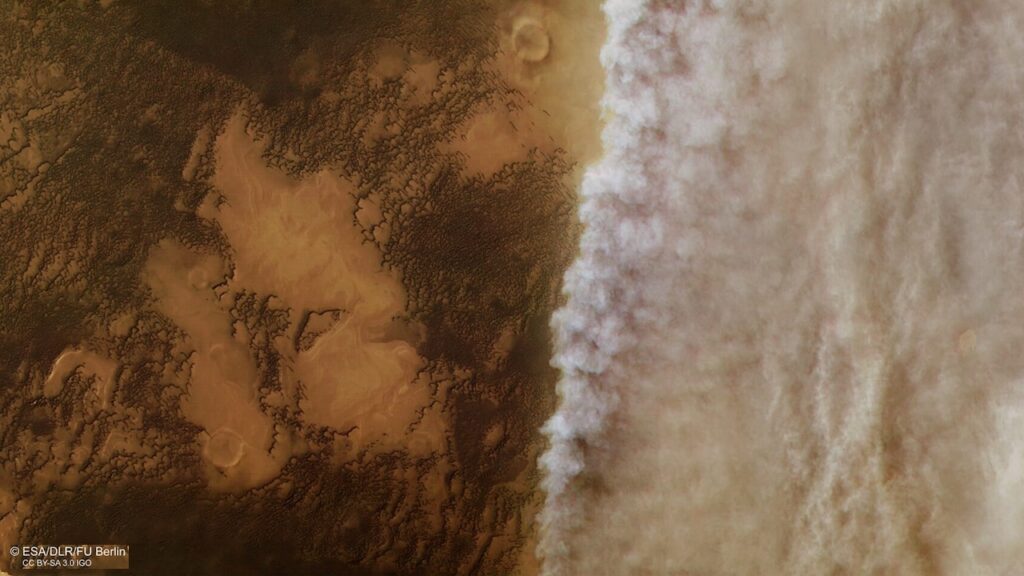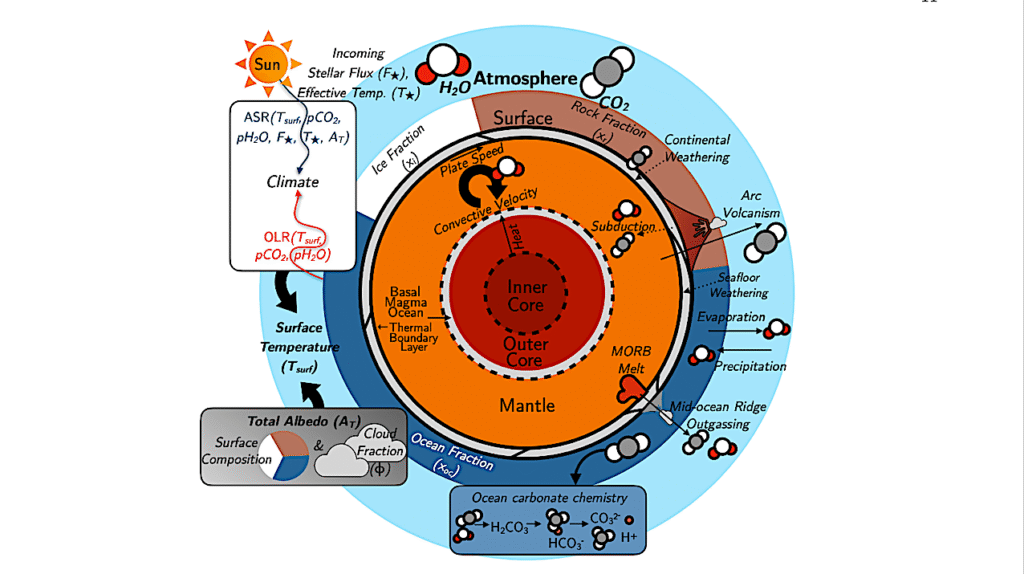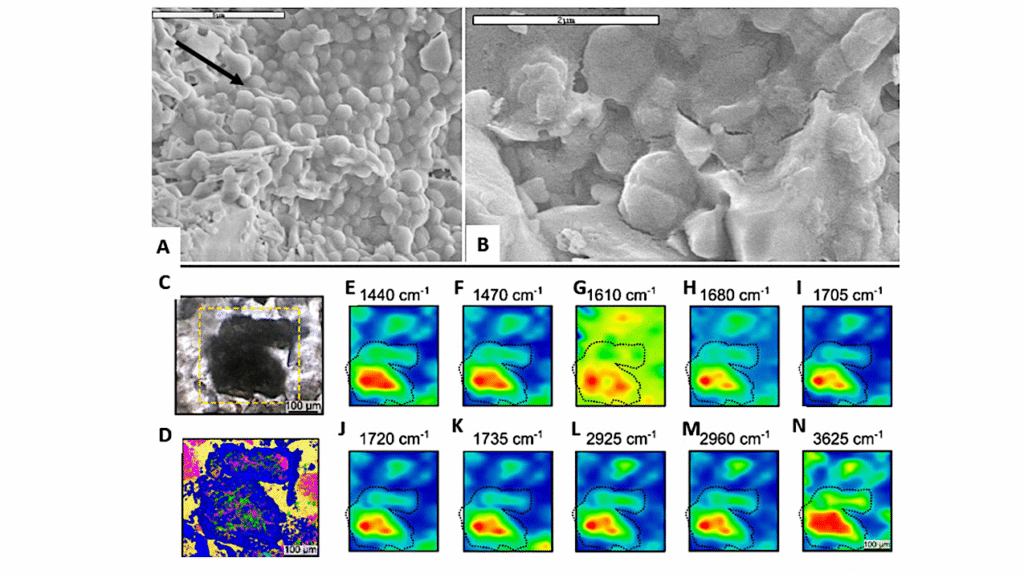The Possible Effect of Cosmic Rays on Terrestrial Climate

The problem of the contribution of cosmic rays to climate change is a continuing one and one of importance. In principle, at least, the recent results from the CLOUD project at CERN provide information about the role of ionizing particles in ‘sensitizing’ atmospheric aerosols which might, later, give rise to cloud droplets.
Our analysis shows that, although important in cloud physics the results do not lead to the conclusion that cosmic rays affect atmospheric clouds significantly, at least if H2SO4 is the dominant source of aerosols in the atmosphere. An analysis of the very recent studies of stratospheric aerosol changes following a giant solar energetic particles event shows a similar negligible effect. Recent measurements of the cosmic ray intensity show that a former decrease with time has been reversed. Thus, even if cosmic rays enhanced cloud production, there will be a small global cooling, not warming.
A review of the relevance of the ‘CLOUD’ results and other recent observations to the possible effect of cosmic rays on the terrestrial climate
Anatoly Erlykin, Terry Sloan, Arnold Wolfendale (Submitted on 23 Aug 2013)
Comments: 6 pages, 1 figure
Subjects: Atmospheric and Oceanic Physics (physics.ao-ph)
Journal reference: Meteorology and Atmospheric Physics, 2013, 121, 137-142 DOI: 10.1007/s00703-013-0260-x
Cite as: arXiv:1308.5067 [physics.ao-ph]
(or arXiv:1308.5067v1 [physics.ao-ph] for this version) Submission history From: Anatoly D. Erlykin [view email] [v1] Fri, 23 Aug 2013 08:24:11 GMT (107kb)








